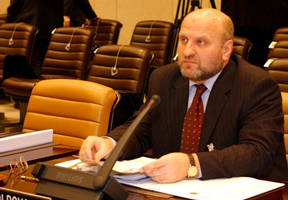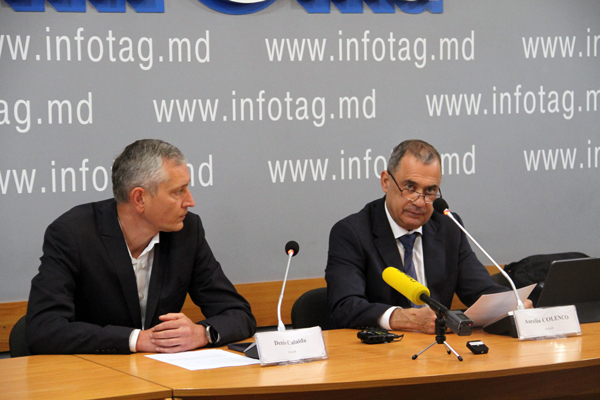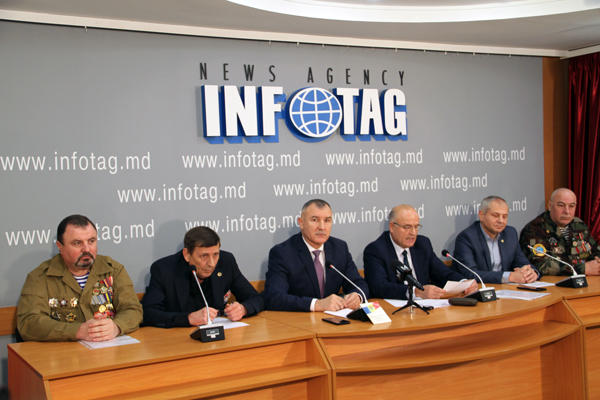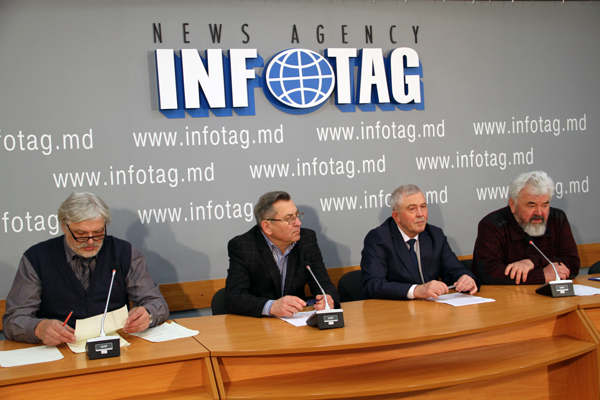Politics
AMBASSADOR STAVILA BLAMES RUSSIA FOR BEING REASON OF ARMED CONFRONTATIONS IN BOTH MOLDOVA AND UKRAINE

Without a “pernicious influence from the outside”, there would be no such acute armed confrontation in Moldova or in Ukraine, and they could have well found solutions to any differences or controversies within the framework of democratic political processes. Such opinion was spoken out by Moldovan Ambassador Extraordinary and Plenipotentiary to Ukraine Ion Stavila in his interview with RBK-Ukraine television company [RBK is the Russian Business Channel].
The diplomat commented the similarity between the Transnistrian conflict and the situation developing currently in eastern Ukraine, and stated that both conflicts were inspired and fed from a certain imperial center – Moscow as an instrument to oppose to Moldova’s and Ukraine’s striving for independence and integration into Europe.
“We are closely following the Ukrainian authorities’ efforts to prevent the appearance of ‘a second Transnistria’ in Ukraine and to resolve the conflict in the Donbass [the Donetsk Coal Basin area]. We sincerely wish our Ukrainian friends success in this direction”, said the diplomat.
He characterized as “correct and wise” the Ukrainian government’s decision to sign Peace Accords in Minsk (Belarus) and to postpone for one year the putting into effect of Ukraine’s Association Agreement with the European Union in what concerns the creation of a zone of free trade with the EU.
“Some people regard these steps as Kiev’s serious concessions to Putin, but I think that these decisions have a tremendously important effect: by acting this way, President Poroshenko has deprived President Putin of serious arguments in favor of continuing military actions in the Ukrainian territory”, said the ambassador.
In his words, he is glad to watch the Ukrainian people “becoming increasingly united, to see how the Ukrainians are demonstrating their patriotic spirit and are getting mobilized for struggle against a realistic external threat, for defense of the independence, sovereignty and territorial integrity of their country”.
Stavila voiced regret that in Moldova, despite a fairly solid political weight of the international actors involved in the 5+2 negotiation mechanism, no solution would be found, “for quite clear reasons”, to the conflict’s main question – definition of a special legal status for Transnistria on the basis of observance of the sovereignty and territorial integrity of the Republic of Moldova.
“This position, so principally essential for us, is doubted by Transnistrian and Russian representatives who seek to promote various projects on federalization of the Moldovan state that can eventually lead to disintegration of the state”, said Ion Stavila.
























Add Comment